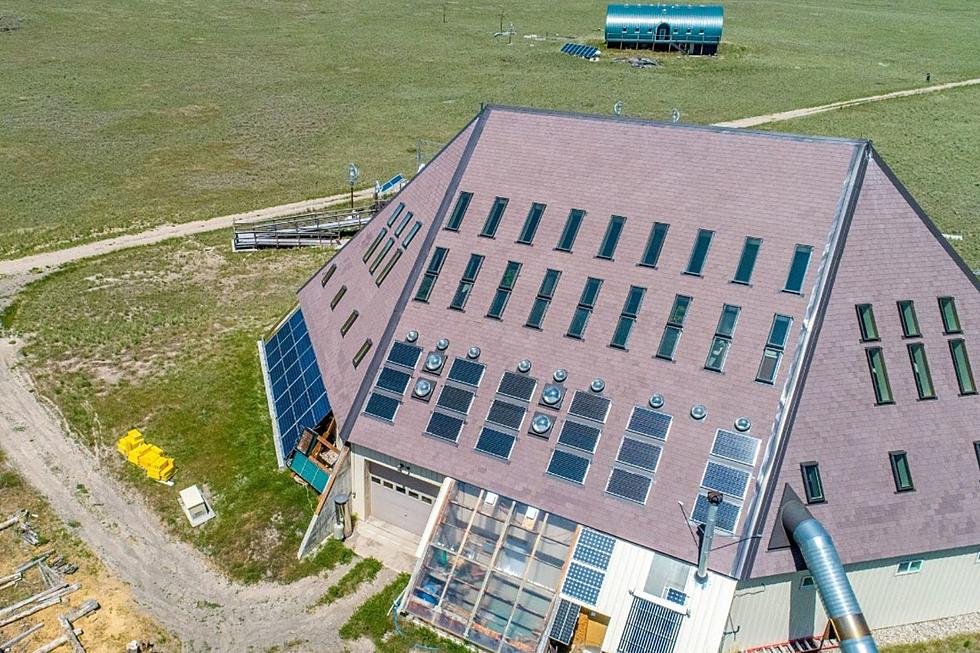
Missoula County develops legal strategy in state mill dispute
Martin Kidston
(Missoula Current) Missoula County on Tuesday approved a resolution allowing the Montana Association of Counties to represent it in a suit before the Montana Supreme Court regarding school equalization mills and how many it’s required to levy.
After a closed session to discuss litigation strategy, the county also announced its intent to hold or join a separate lawsuit filed by the state until the Supreme Court makes a determination in the issue regarding the mills, which have deep implications property taxpayers.
“Our intent is to hold that (state) lawsuit in advance or alternatively, find some through-stipulation by court order to join it with the state determination by the Supreme Court,” said deputy county attorney Brian West. “Our intent is to address these jointly and have a unified defense with the Montana Association of Counties as part of the state level.”
The issue over mills began when Beaverhead County sought a determination by the Montana Attorney General last month regarding the state’s “consistent” levying of school equalization mills despite a provision in Montana law that requires a reduction in mills when taxable values increase.
Those taxable values soared this year, prompting Missoula County to announce its intent to reduce the state’s 95 mills to 77.89 mills. The state then filed a lawsuit against the county on Oct. 2, demanding it levy all 95 mills, though the county officially levied 77 mills three days later.
“The county was served that lawsuit so in theory, we’re in litigation with the state of Montana,” West said. “The state is asking one of our local judges to make the legal determination on whether or not the Department of Revenue’s calculation for mills are correct or whether the Montana Association of Counties and Missoula County’s are correct.”
As many as 46 counties across Montana have either followed suit in levying fewer mills or announced their plans to do so. Last week, that prompted the Montana Quality Education Council to ask the state Supreme Court to require all 56 counties to levy the full 95 school equalization mills.
While the two lawsuits are separate, Missoula County will seek to join them in the decision before the Supreme Court.
“For the purposes of the local lawsuit (with the state), our intent is to through, whatever mechanism, either join it with a statewide action or hold it in advance until we can have that hearing with the state Supreme Court, which will more or less resolve the question before the judge,” said West.
At least that’s the strategy selected by county commissioners on Tuesday after holding a closed session to determine its legal strategy. If the county fails to enjoin the lawsuit by the state to the issue before the Supreme Court, it may have to reconsider its next move.
“Our intent is to ensure it either gets combined with or held off until the state Supreme Court can make some sort of determination,” West added. “There’s no benefit to any local litigation making a determination, which, to be frank – whatever the outcome is – would likely be appealed to the state Supreme Court.”
State law caps how many mills local governments can levy when the state’s assessed value of properties climbs, like it did this year. But the state’s 95 mills aren’t capped and counties across Montana believe they should be, just like local mills.
If they’re not and the courts determine that counties must levy all 95 mills as opposed to the 77 mills, the state stands to receive an additional $80 million in property taxes. Officials also question why the state sued Missoula County when 45 other counties have either levied fewer mills or plan to do so.
“This might be the first time in Montana history that a Republican governor has sued Democrat county commissioners so he can raise property taxes,” Missoula County Commissioner Josh Slotnick told the Missoula Current last week.
PHOTOS: 15 of Missoula's Most Interesting Homes
Gallery Credit: Ashley




